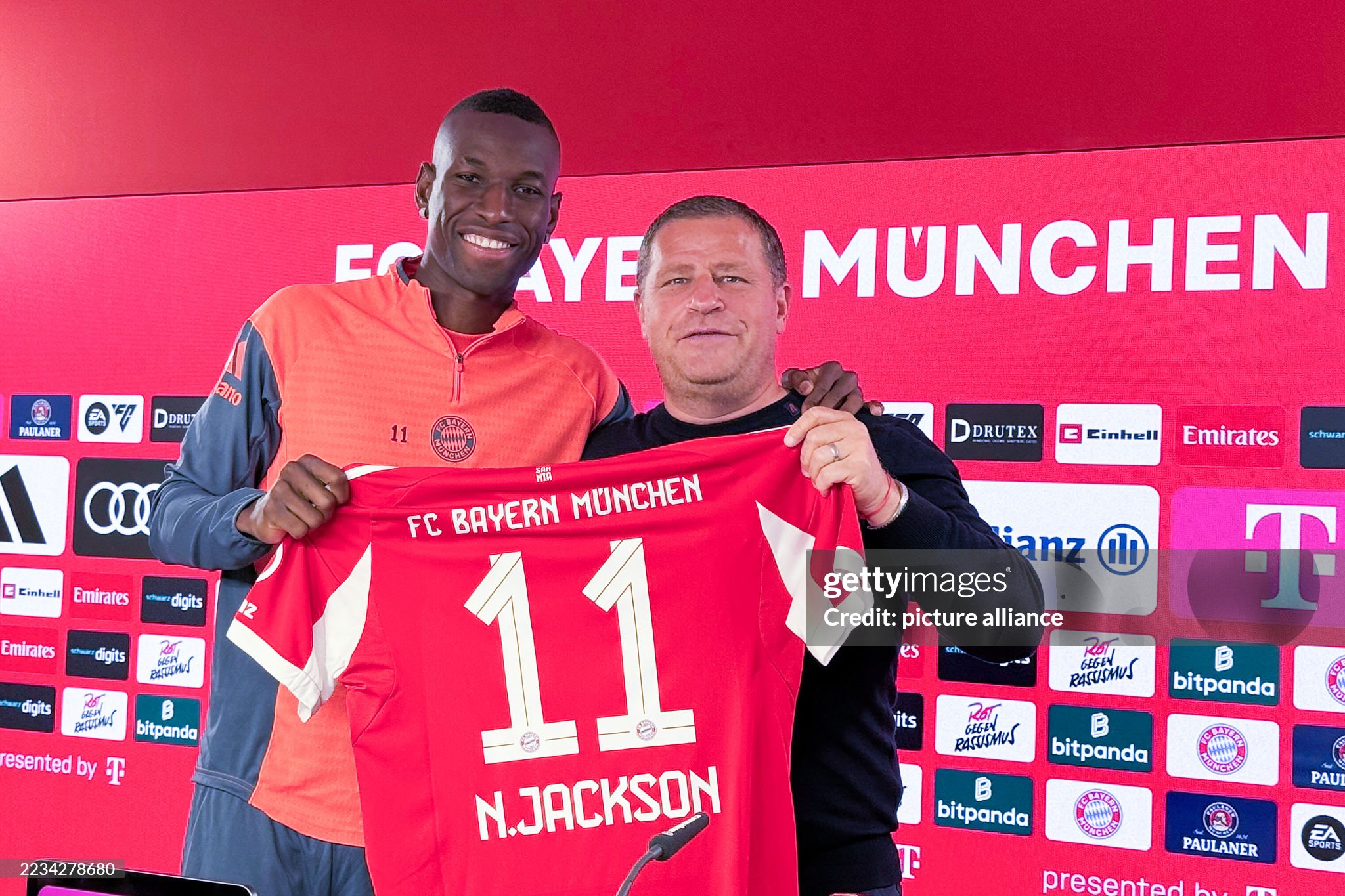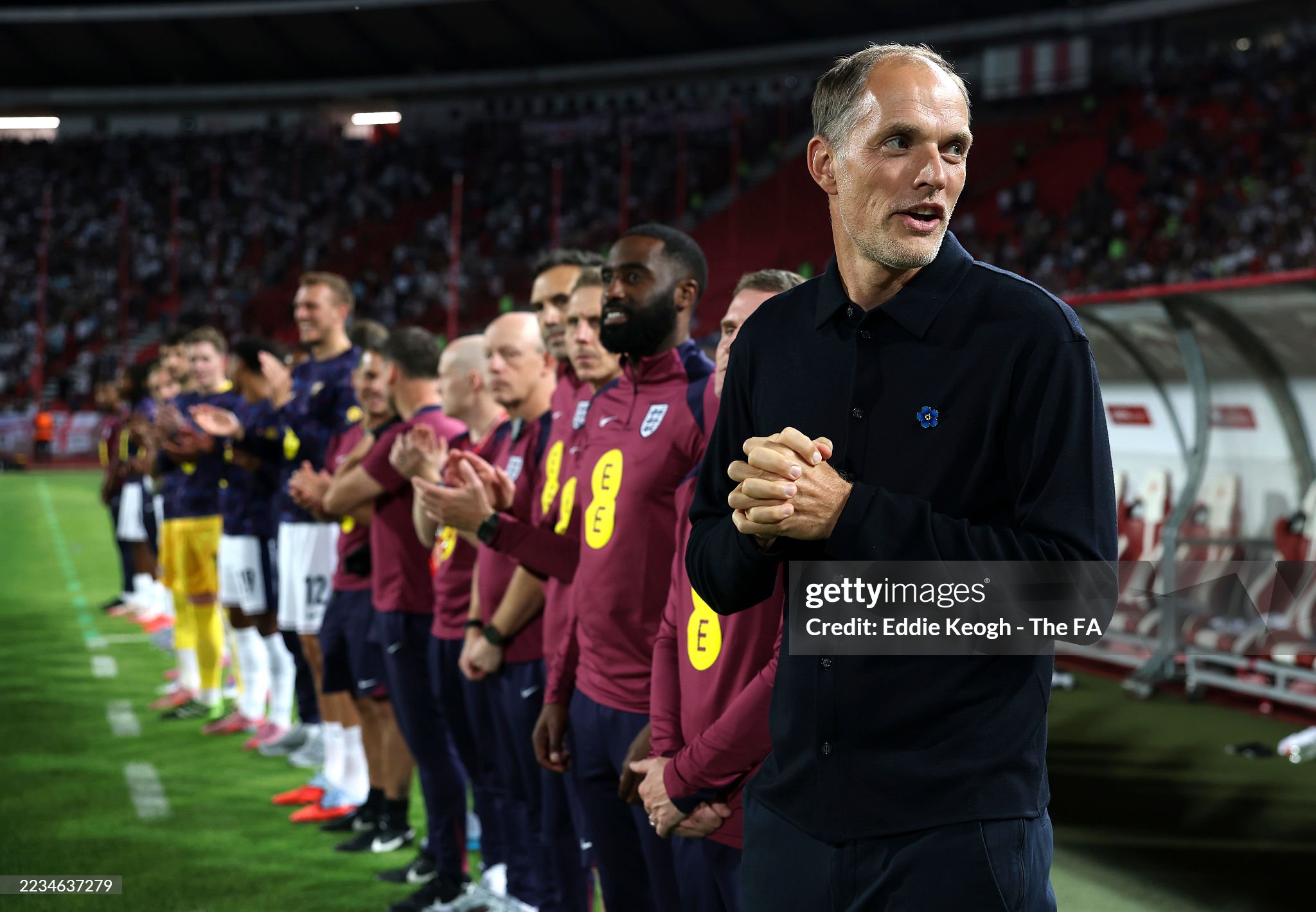Fernando Carro has given more explanation about the lightning dismissal of Erik ten Hag at Bayer Leverkusen. The chairman of Die Werkself admitted that he made a mistake in the hiring process.
Erik ten Hag’s turbulent spell at Bayer Leverkusen has officially come to an end after barely three months, with club chairman Fernando Carro openly admitting that the appointment was a mistake.
The Dutch coach, who was hired at the end of May to succeed Xabi Alonso, was dismissed before even having the chance to properly establish his ideas, sparking widespread debate in German football circles.
Speaking on Bild Sport on Welt TV, Carro explained the reasoning behind the club’s swift and somewhat shocking decision. “We made a mistake in the hiring process and corrected it,” the Leverkusen chief admitted candidly. “Of course, Ten Hag has strong qualities, and he is a coach with proven credentials. But it wasn’t the right moment. It just wasn’t a good match.”
Carro’s words reflected a rare level of transparency from a club executive, acknowledging that the error was not on the coach alone but also on the club’s leadership. “I would call it a mistake on our part,” he continued. “But these things can happen. Everyone who has to make decisions about personnel knows that not every hire works out as intended. It’s not a disaster in itself what matters is reacting quickly when you see that something is not working. And that’s what we did.”
Ten Hag’s arrival at the BayArena had initially been greeted with excitement. Coming from a high-profile spell at Manchester United and known for his work at Ajax, he was expected to continue the progressive, attacking brand of football that Xabi Alonso had instilled before departing. However, behind the scenes, reports suggested that his tactical approach clashed with the existing squad structure. Several senior players reportedly struggled to adapt to his high-pressing demands, while communication issues and a lack of chemistry with the dressing room only compounded the difficulties.
On the pitch, the results failed to convince. Leverkusen, who had been so impressive under Alonso, struggled for consistency under Ten Hag. Dropped points in key Bundesliga fixtures and an early setback in Europe raised alarm bells, with the board fearing that the momentum of the previous season could unravel if they delayed action. For a club with ambitions of competing at the very top domestically and making deep runs in Europe, patience quickly ran out.
Into the void stepped Kasper Hjulmand, the experienced Danish coach best known for guiding Denmark to the semi-finals of Euro 2020. The former national team boss was quickly appointed as Ten Hag’s successor, and he wasted little time making an impression. In his first game in charge, Leverkusen secured a convincing 3–1 victory over Eintracht Frankfurt, a performance that reassured fans and board members alike that stability could be restored.
Hjulmand’s appointment also signals a return to continuity with the club’s philosophy. Known for building cohesive teams, fostering player development, and balancing tactical discipline with attacking flair, the Dane appears to be a safer fit for a squad that had thrived under Alonso’s structure. “He understands the balance of working with young players and established internationals,” Carro said after the win, praising the new coach’s debut.
For Ten Hag, however, this represents another difficult chapter in his managerial career. After enduring a rollercoaster tenure at Manchester United, where he experienced both cup success and mounting criticism in the Premier League, his move to Leverkusen was seen as a chance for a fresh start. Instead, it ended prematurely, leaving questions about his next step. Whether he will return to club management immediately or take a break from the spotlight remains to be seen.
For Leverkusen, the episode serves as both a warning and a lesson. Carro’s public acknowledgment of the misstep is unusual in modern football, where clubs often deflect blame, but it also highlights the ruthless reality of top-level management. With expectations soaring after Alonso’s tenure, the margin for error was slim. “When you realize that something isn’t working, you have to act,” Carro emphasized. “That’s part of leadership.”
The focus now shifts firmly to Hjulmand and how he can steady the ship. The victory over Frankfurt was an encouraging start, but the real tests lie ahead in both Bundesliga and European competition. For supporters, the hope is that Leverkusen can quickly move past the short-lived Ten Hag experiment and once again challenge at the highest level.







